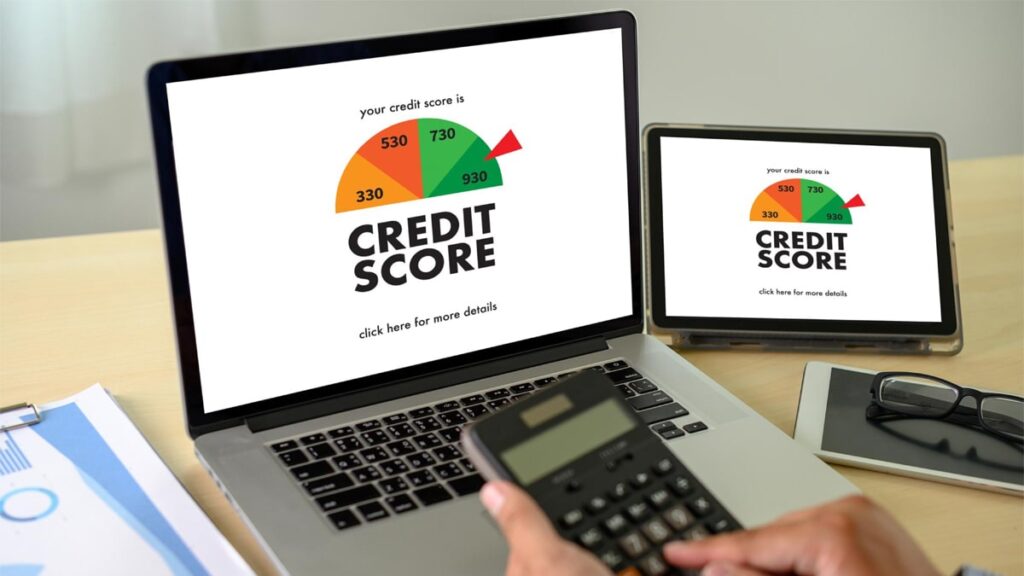Getting a loan from banks can be challenging as banks employ various methods to evaluate your profile. If you understand the process of profile evaluation, you can optimize your profile.
These methods involve scrutinizing financial histories, debt-to-income ratios, and credit scores. This rigorous evaluation helps determine the likelihood of repayment and the level of risk associated with lending.
In recent years, one of the prominent tools utilized by banks for this purpose is Equifax credit scores. Equifax, a leading credit reporting agency, provides comprehensive credit reports and scores based on individuals’ credit histories.
In this article, we will discuss What Banks Use Equifax for Loans, why is the credit score important, what is Equifax, and much more.

Table of Contents
Why is the Credit Score Important?
The following are the reasons why a credit score is important-
- Credit scores are the most important part as this indicate an individual’s ability to repay debts based on the historic repayment habit of the individual
- If you have a Higher credit score, it increases your likelihood of loan approval
- If your credit scores are lower then it may lead to higher interest rates on loans
- Credit scores influence access to credit cards, loans, and mortgages and it becomes important for you to keep the credit score higher.
- Credit scores may impact insurance premiums for auto and home insurance
- Landlords often consider credit scores when evaluating rental applications as rental payment also requires financial discipline hence, it can act as an evaluation aspect when it comes to renting
- Some employers review credit scores as part of the hiring process
- Maintaining a good credit score is essential for long-term financial planning as a bad credit score can hurt your ability to acquire a loan
- A strong credit score offers peace of mind and financial stability
What is Equifax?
Equifax is a credit company founded in 1899 and since then evolved into a multinational data analytics firm. Originally focusing on credit information for local merchants, Equifax expanded its operations and rebranded itself in 1975 to reflect its broader scope.
Fast forward to today, Equifax is a global leader in data analytics, offering a wide array of solutions in credit reporting, fraud detection, and financial risk assessment across numerous countries.
One of the primary tools used is the Equifax Score to evaluate individuals’ creditworthiness. It ranges from 300 to 850 and these scores and higher the score is better your creditworthiness is.
The scores are calculated based on various financial factors like credit history, credit repayment discipline, and much more.
How to find your Equifax Score?
The following are the steps that you can take to find your Equifax Score-
- The very first step is to visit the official website of Equifax and Navigate to the section for obtaining your credit score or credit report
- For one time a year, this service is free for you to get and if you want it detailed then you can also get a premium plan
- You’ll have to create an account with them and then login to the account using your login credentials
- After logging in, you should be able to request your Equifax Score or access your credit report
- You’ll get a downloadable file or this file will be sent to your registered email ID, you can find your credit score displayed when you open the file
FAQ
Chances are you have not taken any loans or credit in the past due to which you do not have a credit score as of yet. You can simply apply for an FD Credit card to start building your credit score or take a small unsecured loan and your score will be updated within a few months.
It’s advisable to check your Equifax Score periodically, such as once a year or before applying for major loans or credit cards. Regular monitoring helps you stay informed about your credit health and identify any discrepancies.
Yes, you can request a copy of your full credit report from Equifax, which includes detailed information about your credit history, accounts, inquiries, and public records.
If you notice errors on your Equifax Score report, you should dispute them directly with Equifax by following their dispute resolution process.
I’m Shiv Kumar, a graduate with a passion for finance, marketing, and technology. My journey into finance started with a desire to understand money management and investing.
Our main goal is to empower individuals through financial education. We believe that everyone should have the opportunity to build a strong financial foundation. Whether you’re a seasoned investor or just getting started, we provide articles, guides, and resources to help you navigate the financial landscape.
I invite you to join our community of financially savvy individuals. Feel free to ask questions, engage with our content, and explore the topics that matter to you. Together, let’s take control of our financial futures.




